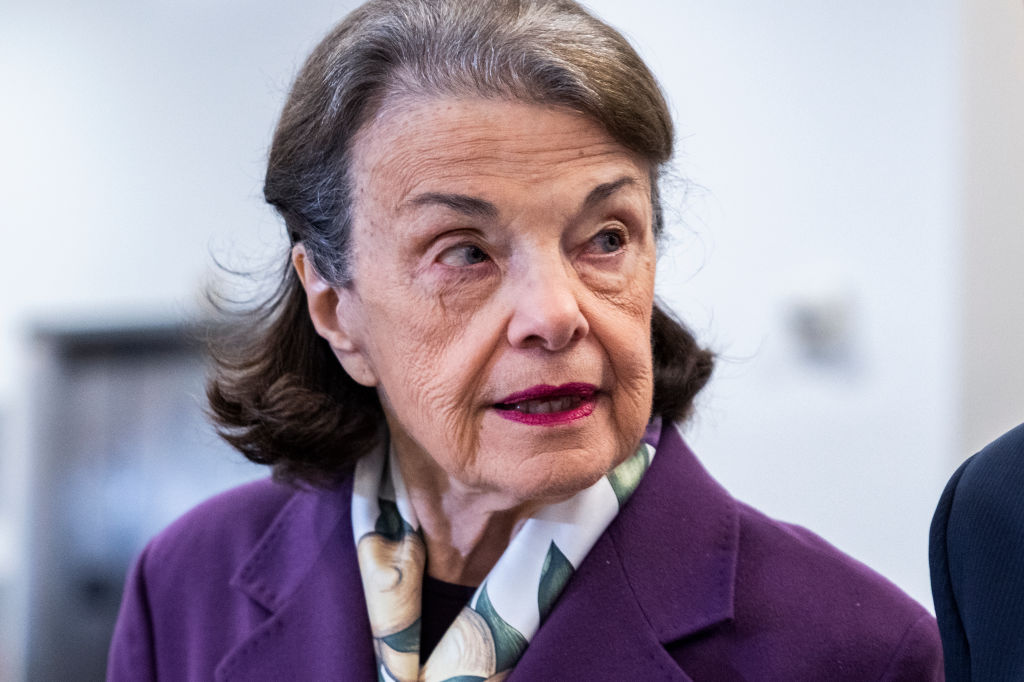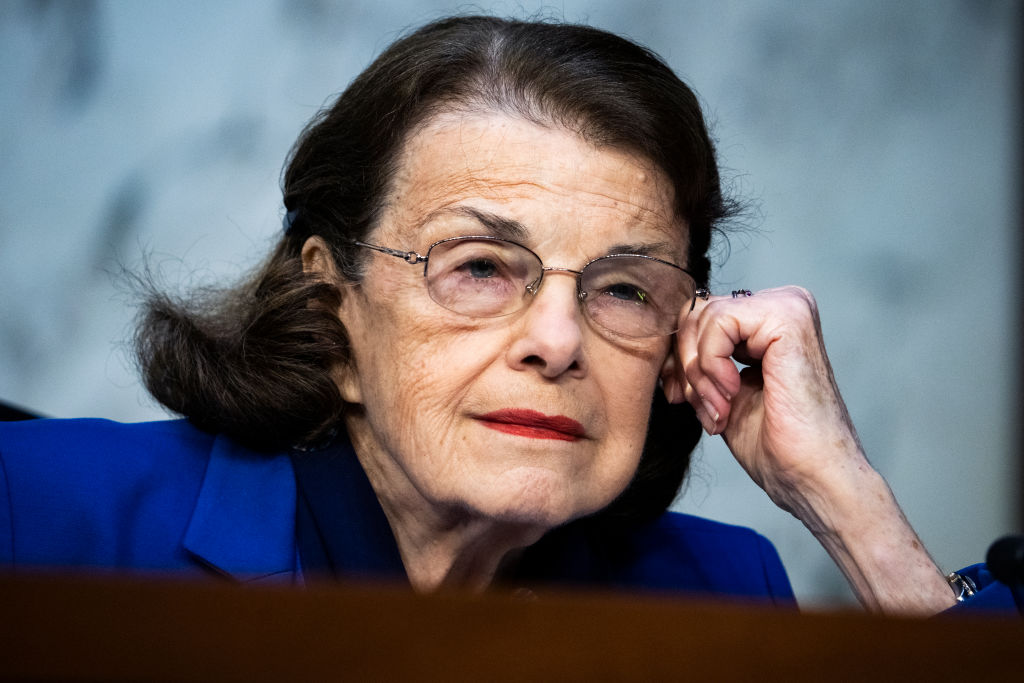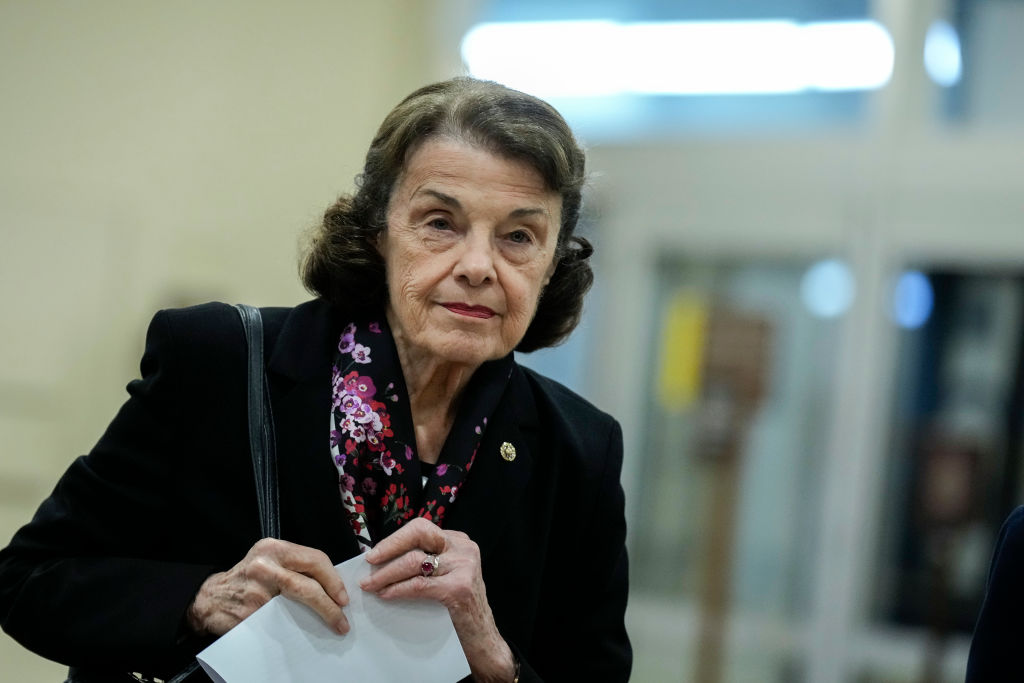Last week, long-serving U.S. Senator Dianne Feinstein returned to Washington D.C. after months of struggling with shingles. This is not the sort of thing to make news normally, except for the fact that Feinstein’s absence from the powerful Senate Judiciary Committee had come into focus because of the bloated backlog of Biden’s judicial nominees, none of which could proceed without her tie-breaking vote. Oops.
Of course, this isn’t the first time that Feinstein, first elected in 1992, the so-called “year of the woman,” has come under fire for her seemingly strained capacity to keep up with her job. There were serious questions about her choice to stand for reelection in 2018, at the limber age of 84. Critics have charged that she’s disconnected and indifferent to the importance of her role, while defenders have argued that as a trailblazing woman, it’s her choice to end her career when she’s ready.

Now, I am not one to indulge in reflexive ageism nor to gatekeep girlbossing, but both sides of the internal Democratic debate about Dianne Feinstein seem to miss the point. It’s not about age or disability accommodations or maneuvering around the sneaky antics of Senate Republicans, and it’s not about the individual personhood of each Senator, their reputations or legacies. Dianne Feinstein isn’t representing her party or herself; she’s representing the people of California.
The Senate is already a nasty bit of hostile political architecture in a system that gives wildly disproportionate influence to land over people, but California receives the worst of it. As a state, California is a behemoth: home to nation-defining industries, the largest population, and an economy that would rank 5th in the world if separated from the rest of the United States. It’s basically a country unto itself, agreeing to partnership with a central government that takes significantly more from it than it contributes. This is a place that needs very aggressive representation.
Yet that is exactly what Feinstein’s present condition robs her constituents of. Already stymied by systemic suppression, Californians now have to deal with halving their representation in a place that already ignores their importance. Whether the focus is on her strategic role in adding more Democratic appointees to the judiciary or her personal right to wrap up her legacy on her own terms, all of the discussion ignores Dianne Feinstein’s duty to the public.

We’ve gotten so stuck in power games, playing on GOP terms, that we’ve forgotten the point of government. Nothing shows that more than the debate around Dianne Feinstein’s presence or absence as a Senator. The role is neither a title owed to DiFi for years of service nor a merely empty slot for a party apparatchik; it’s a place for her constituents to get the advocacy they so desperately deserve.
Right now, it’s hard to argue that she’s performing that role. Part of that is her own limitations, her capacity to keep pace with the demands of her position. Part of that is the structure of the Senate, the lack of accommodations, and the ratfuckery of Mitch McConnell and his acolytes, which already makes majoritarian government a difficult prospect. But either way, the functional result is depriving the largest state in the country meaningful representation of their interests.
Because for all the arguments about what Democrats need or what Feinstein herself deserves, it might help to remember who the seat actually belongs to.



















































